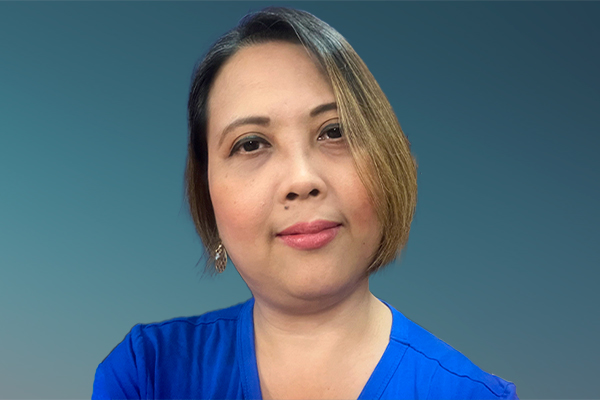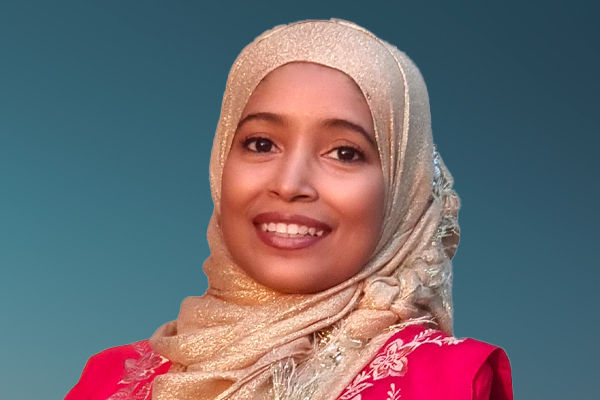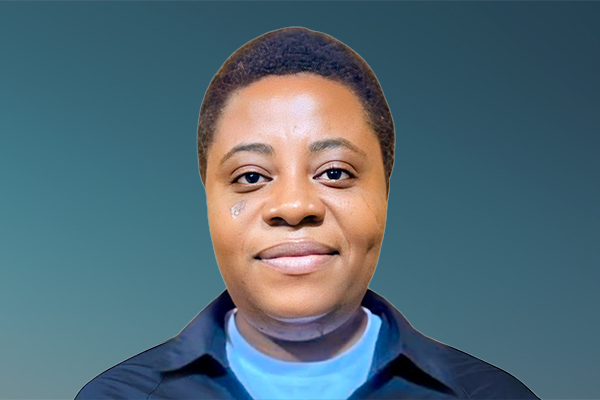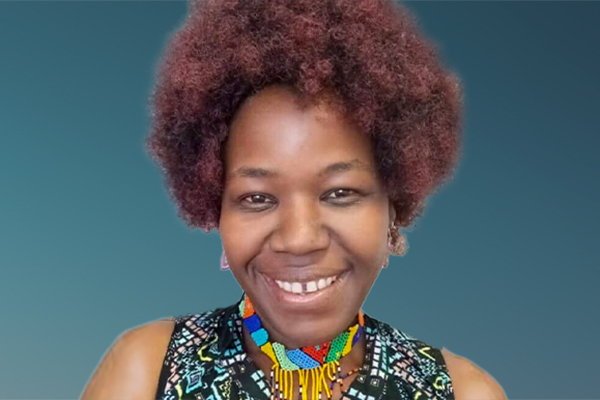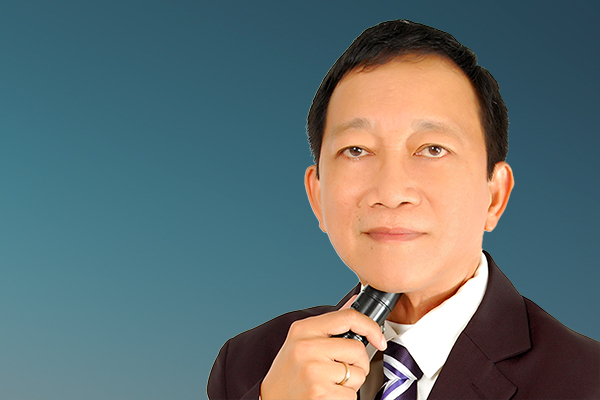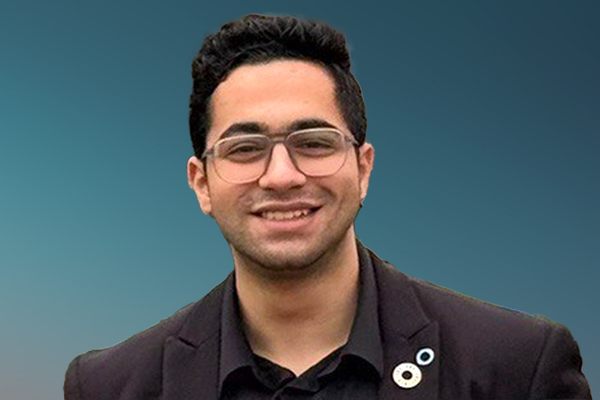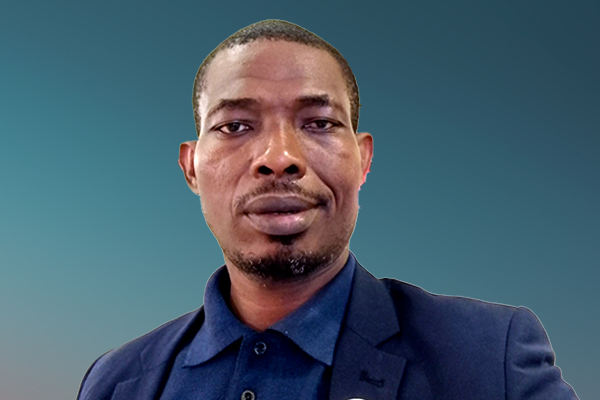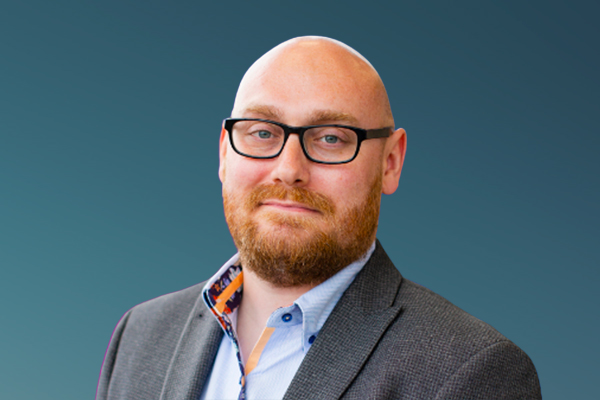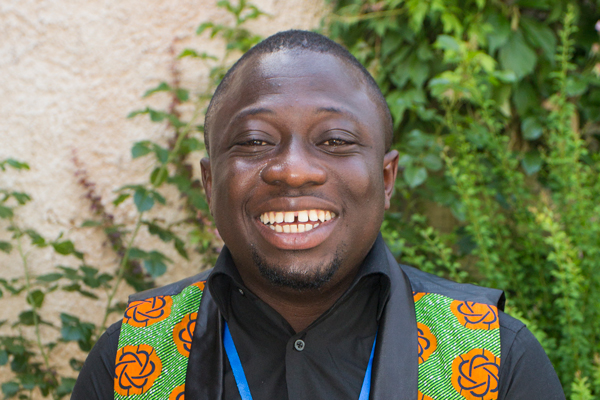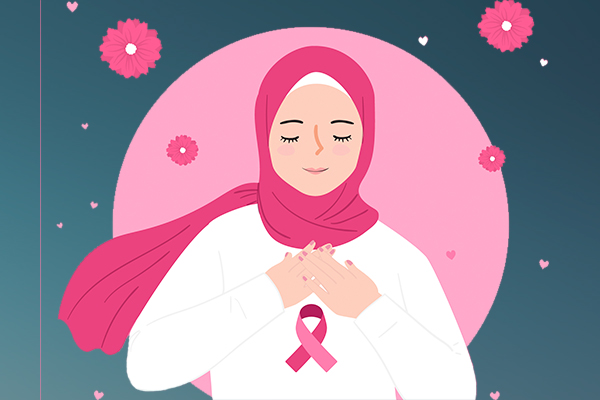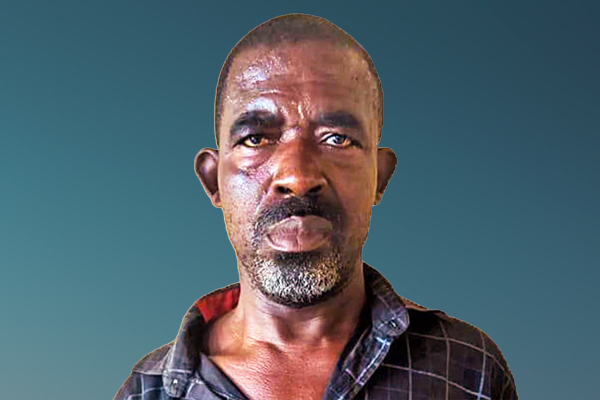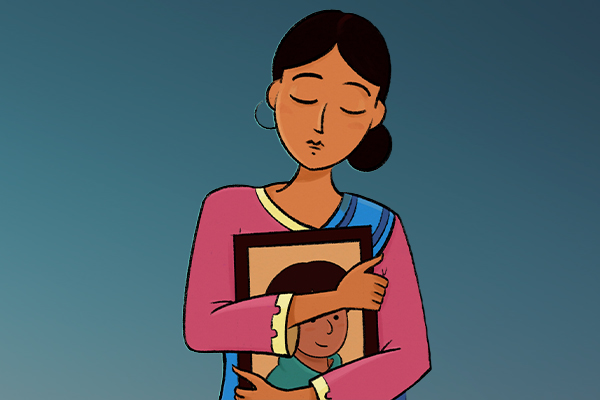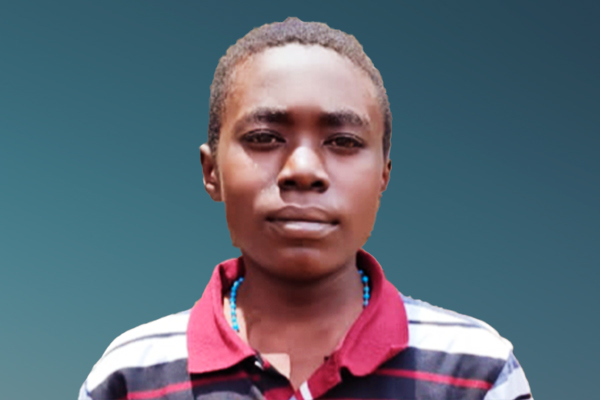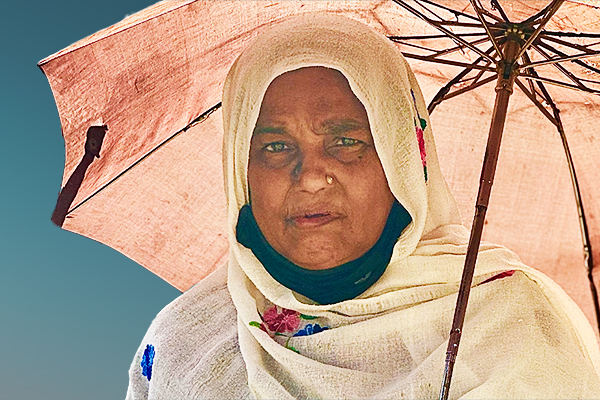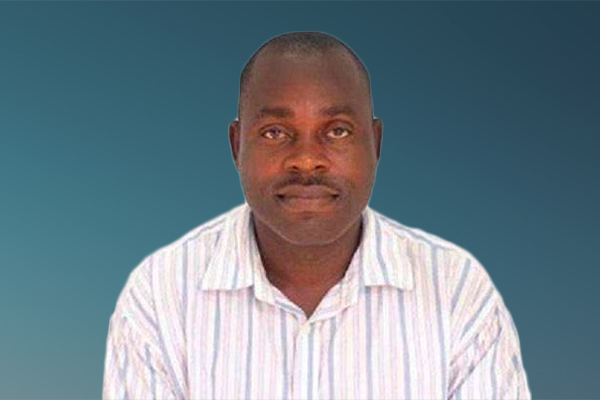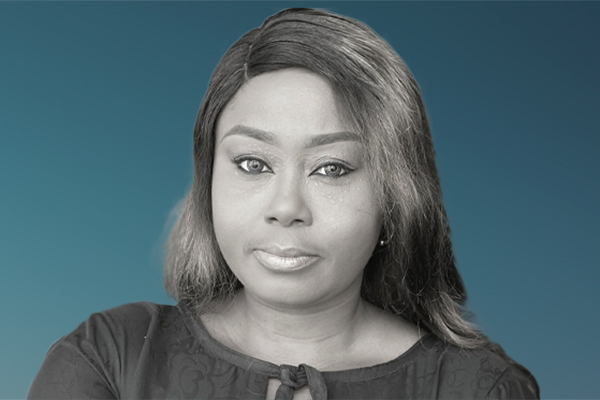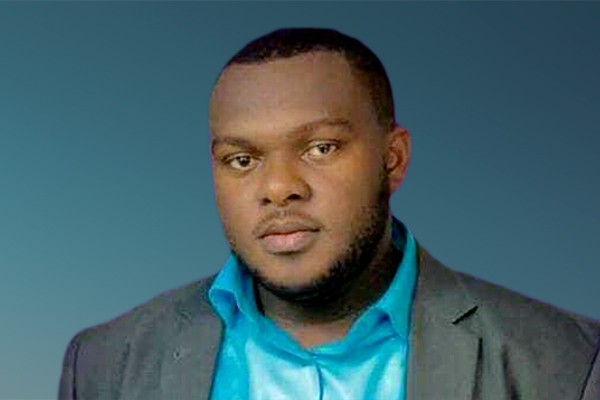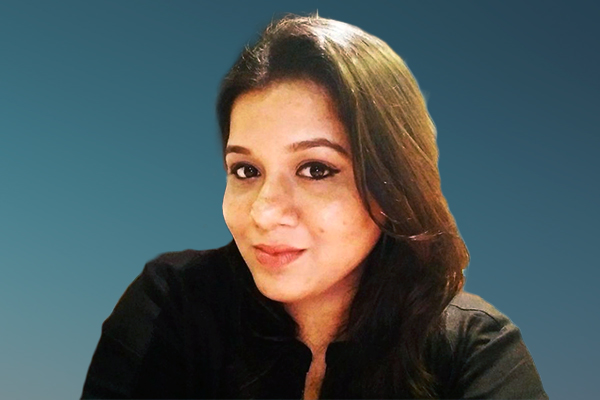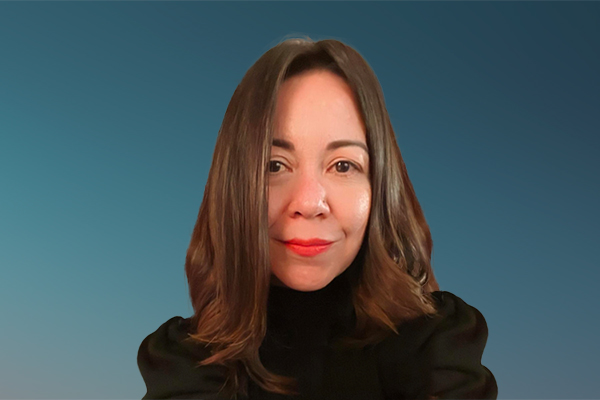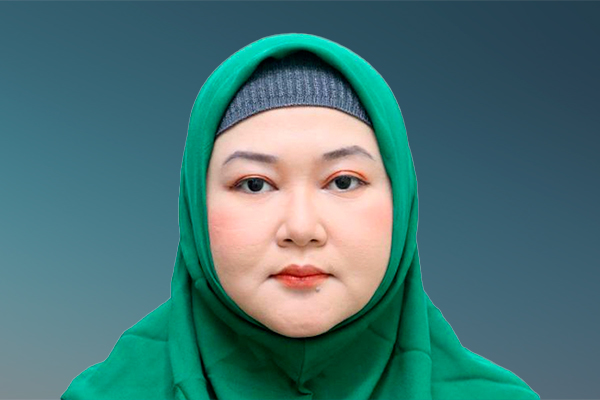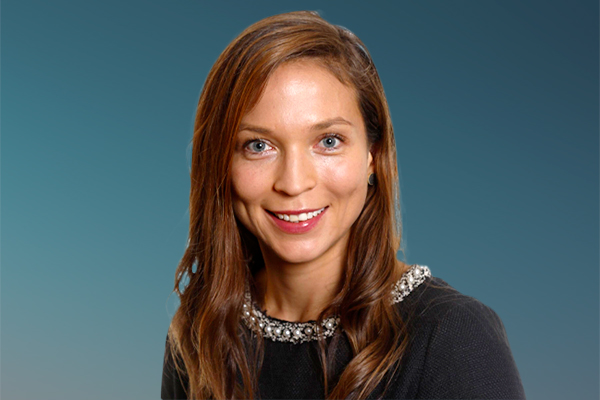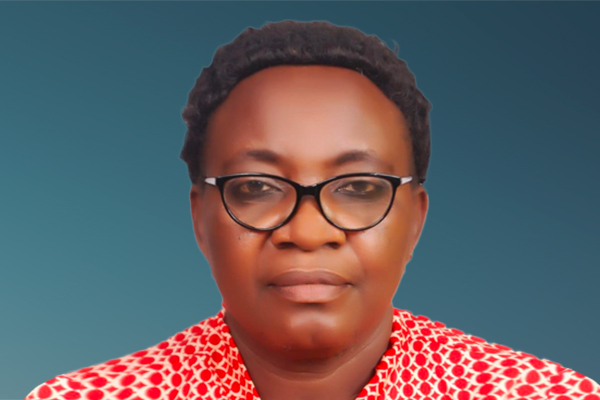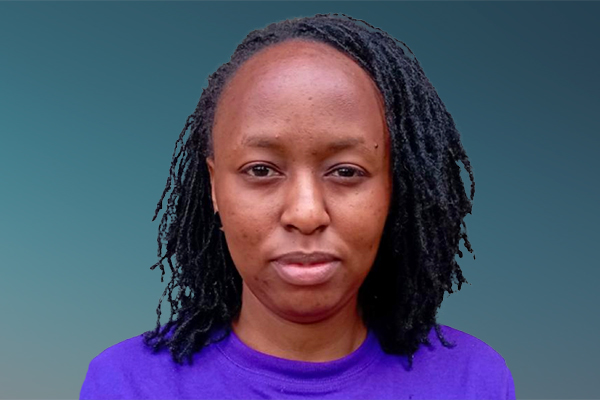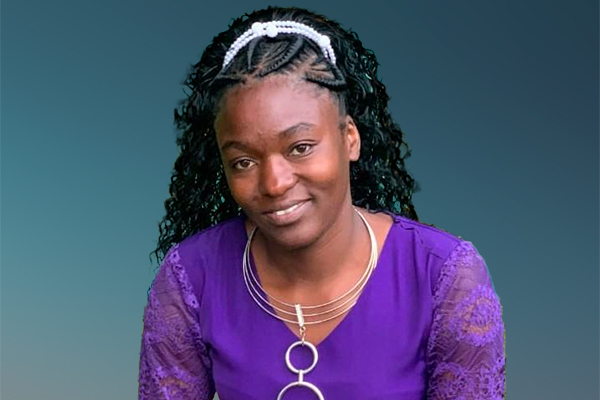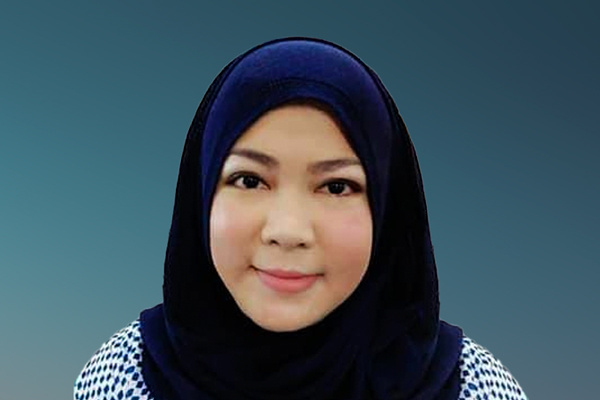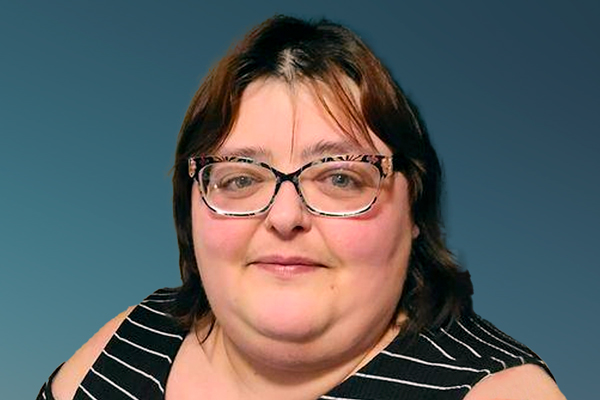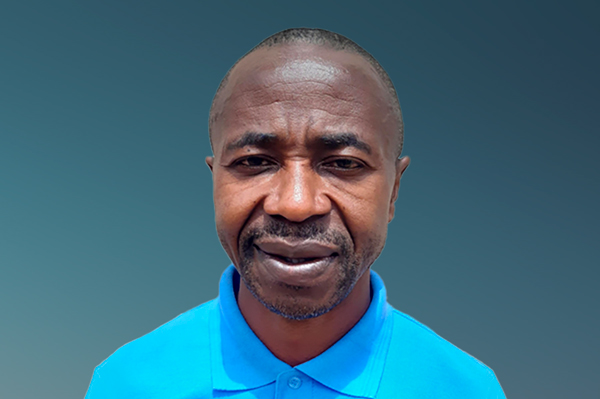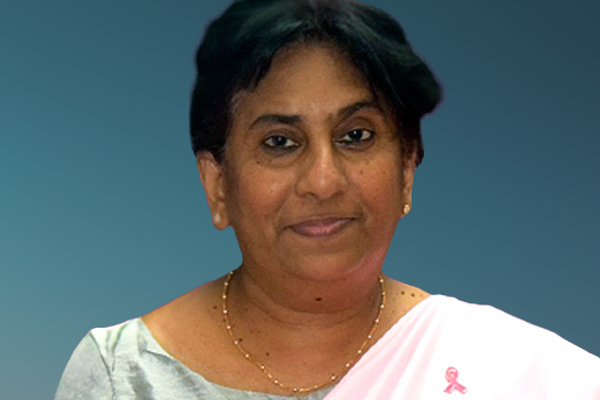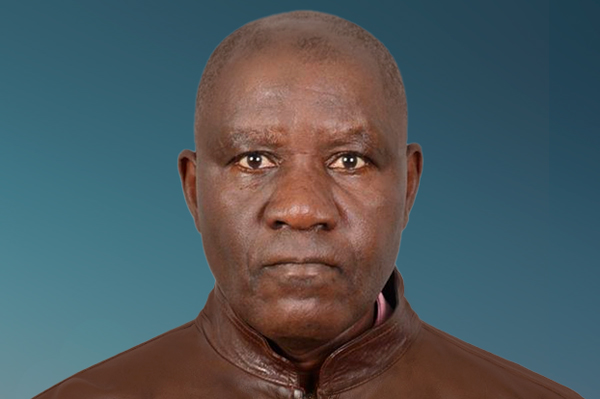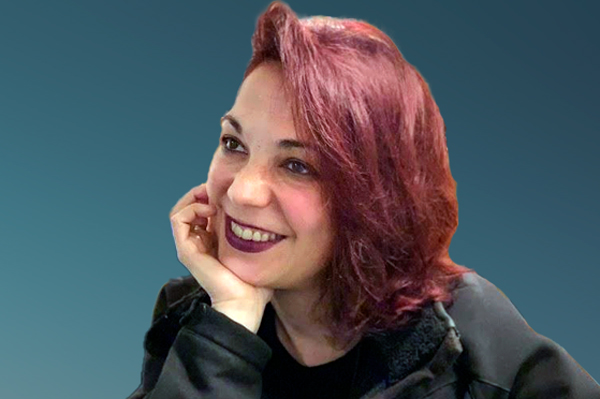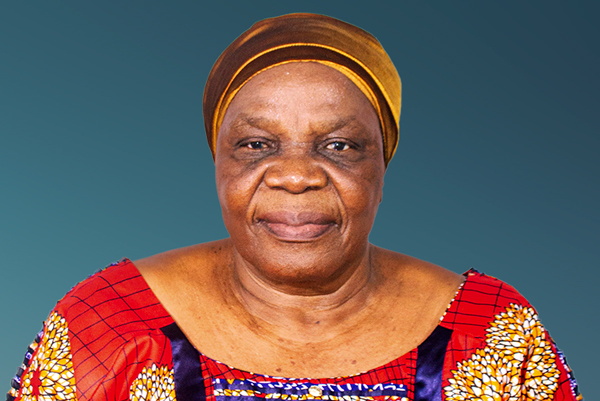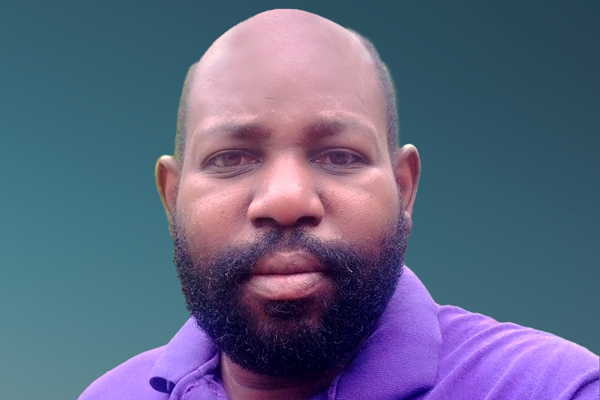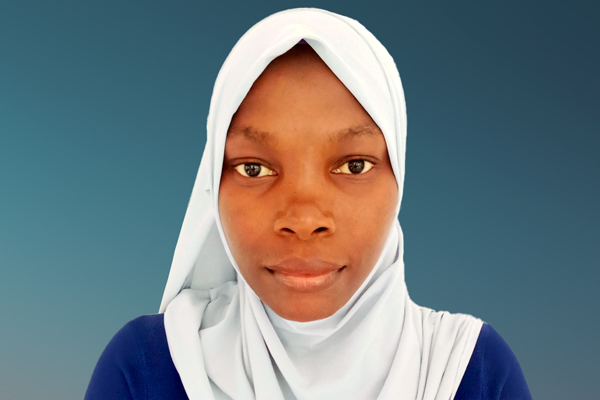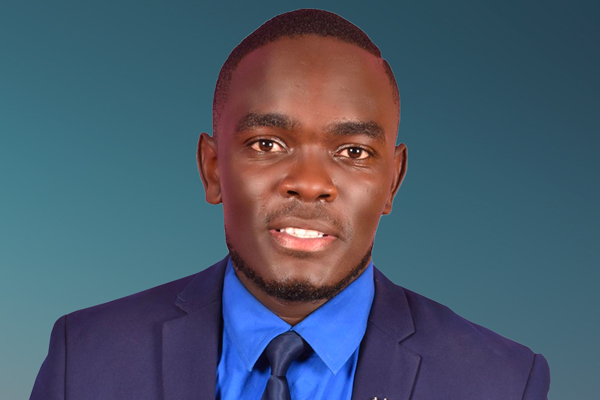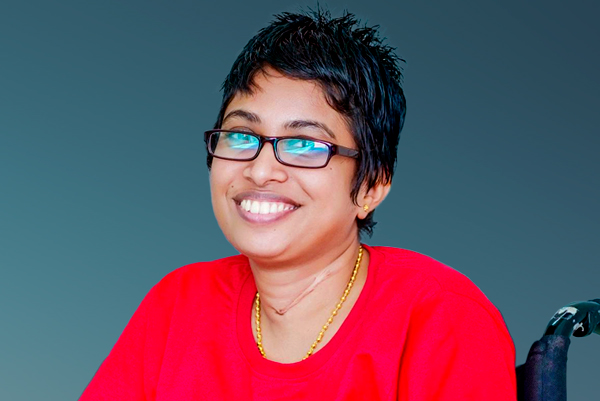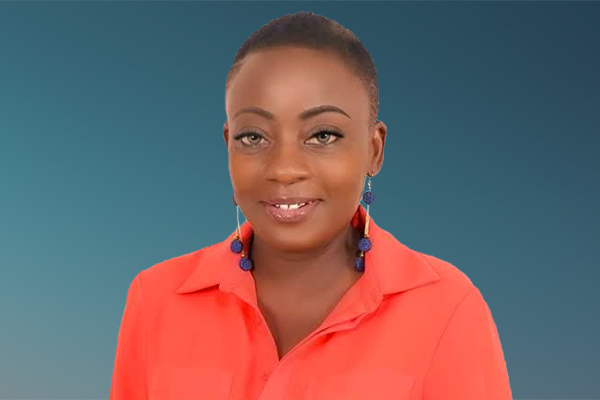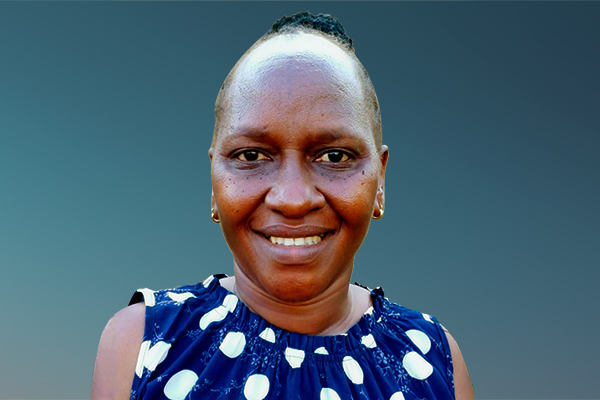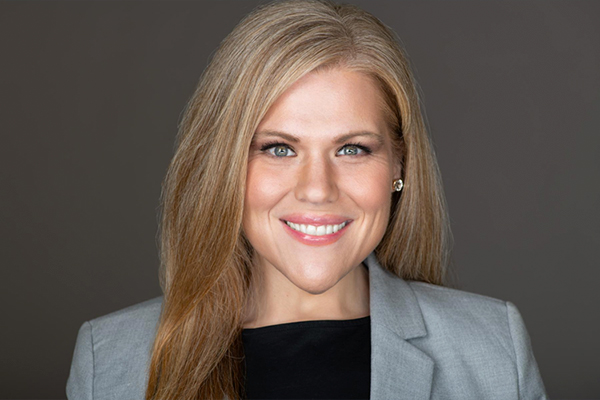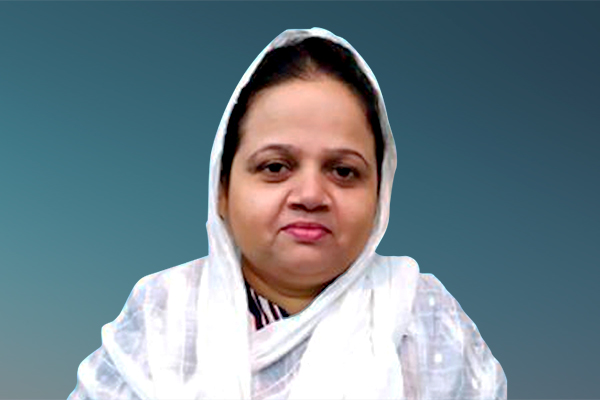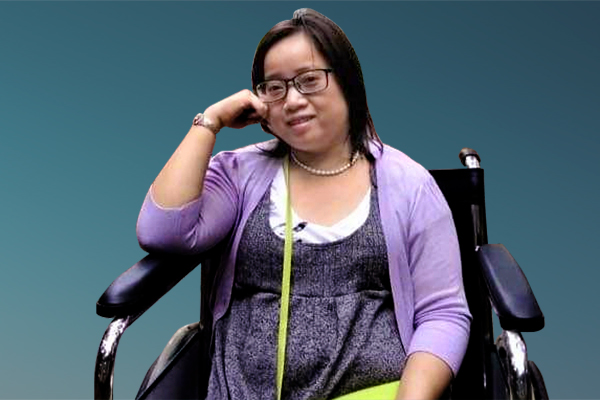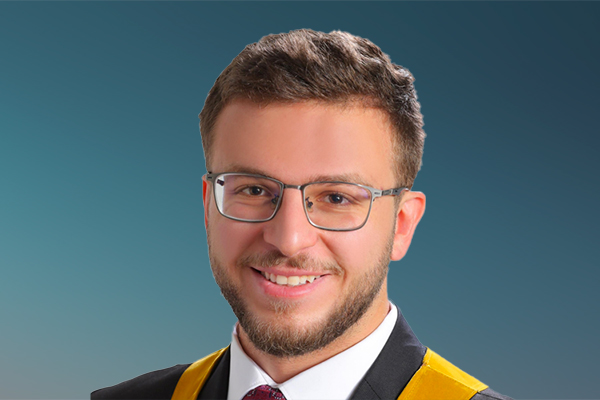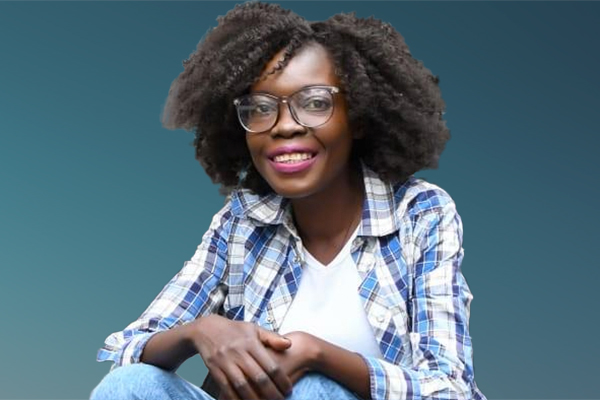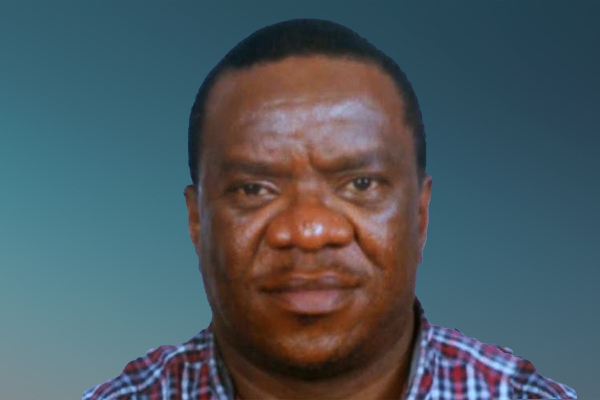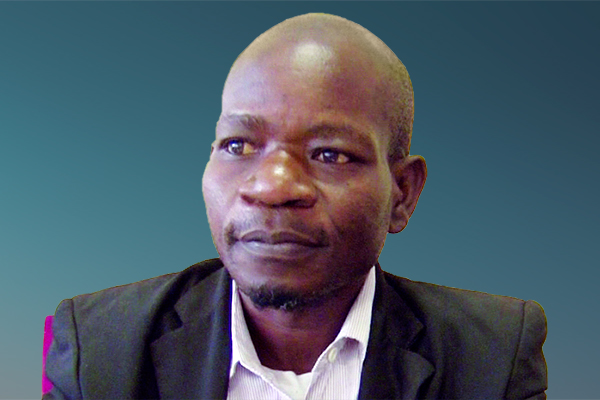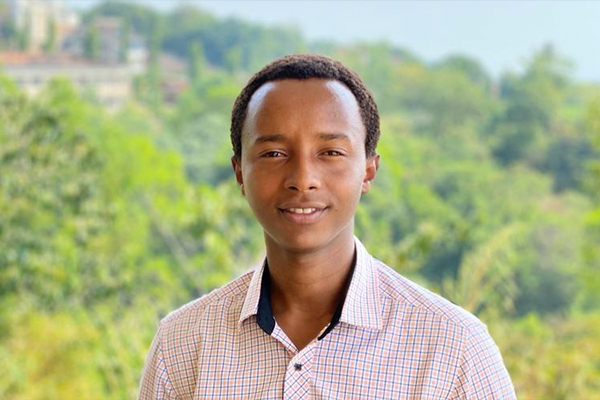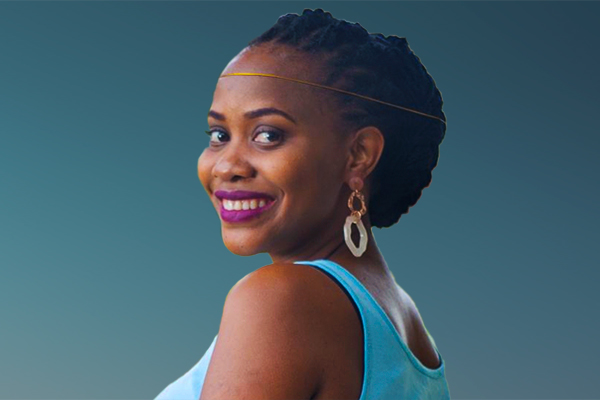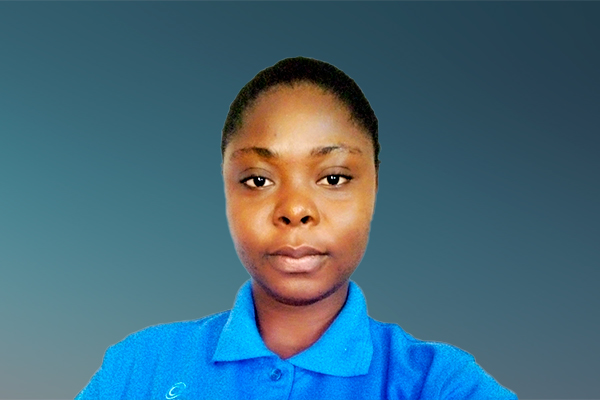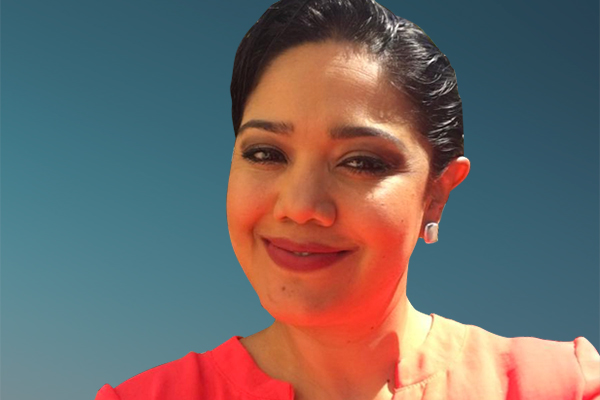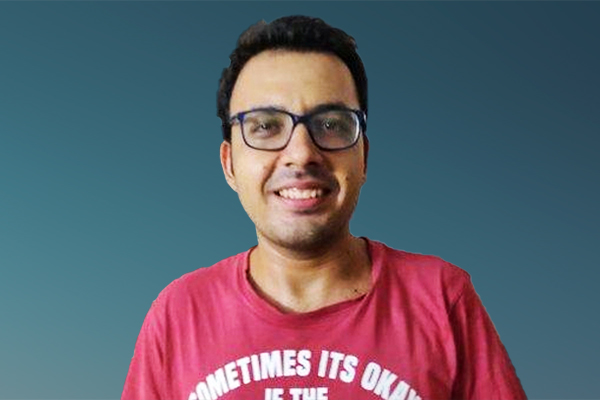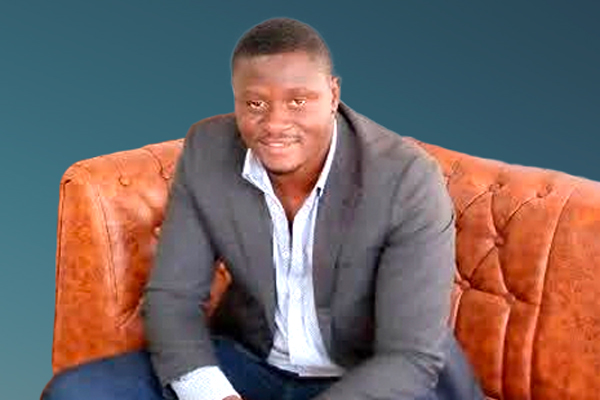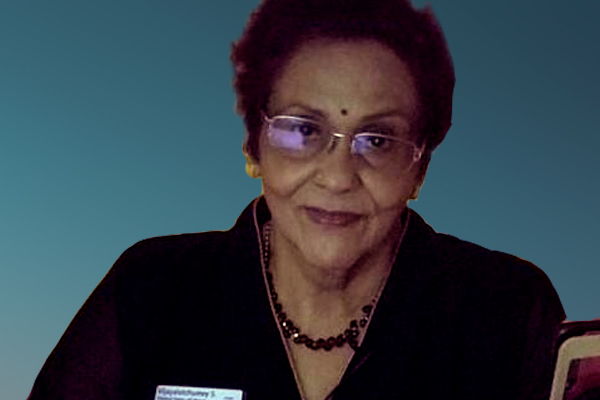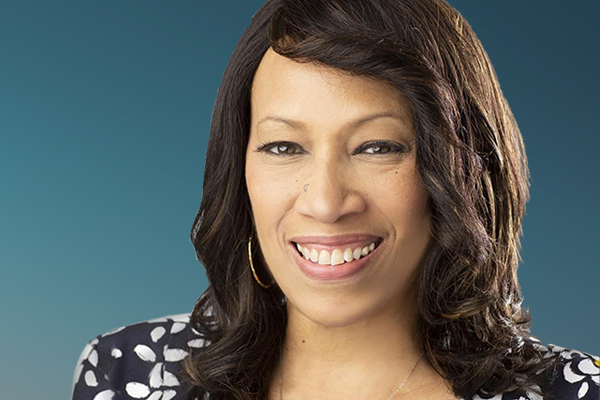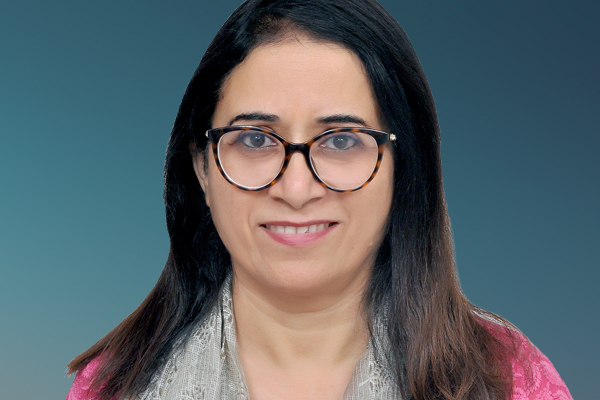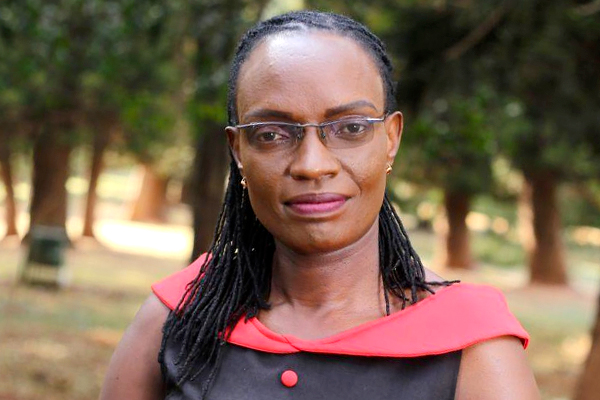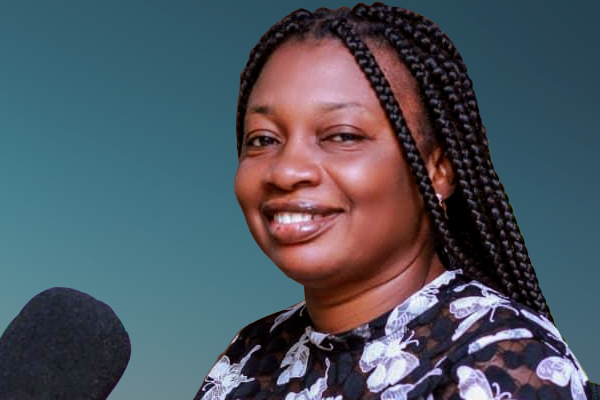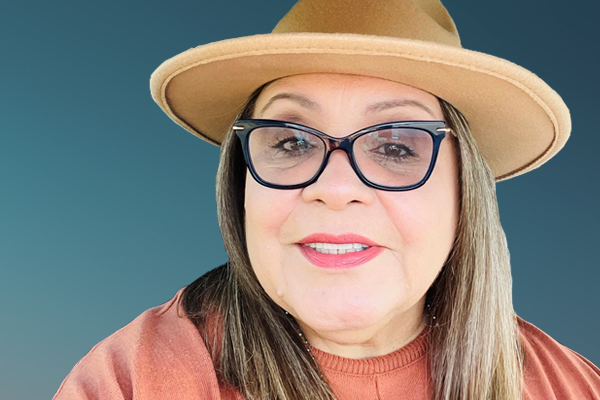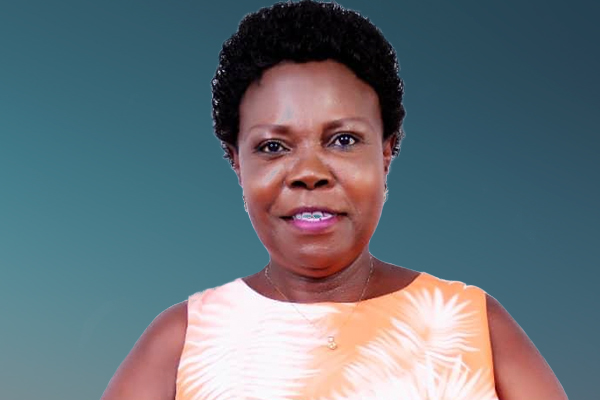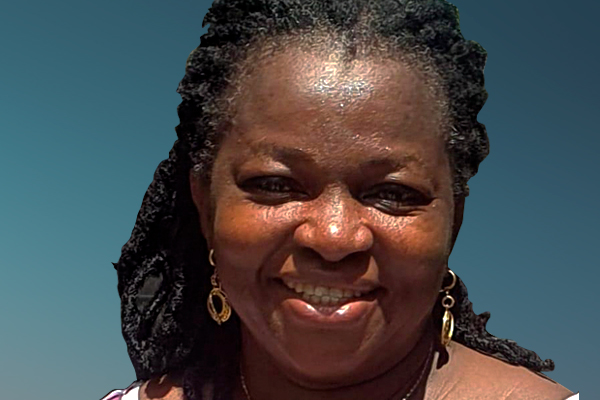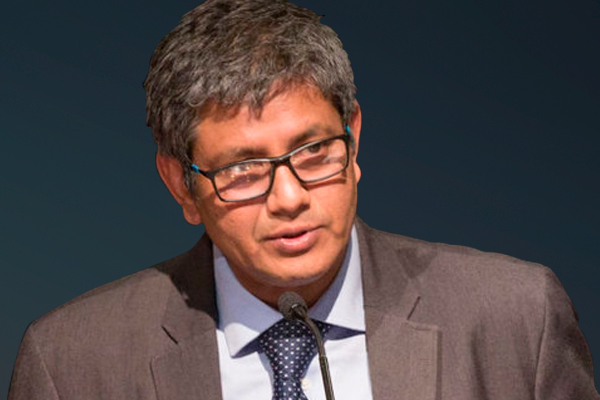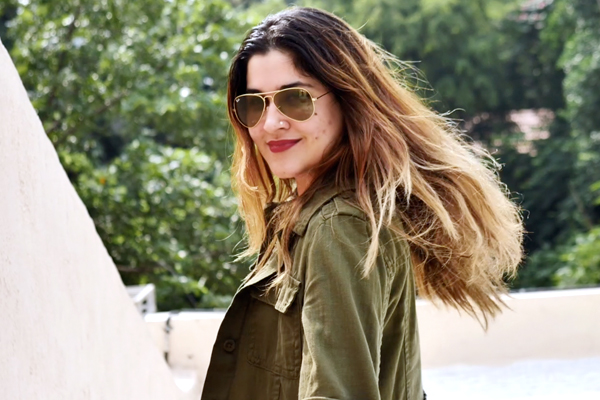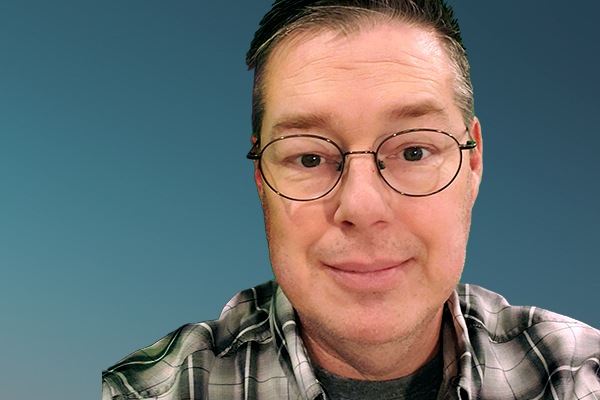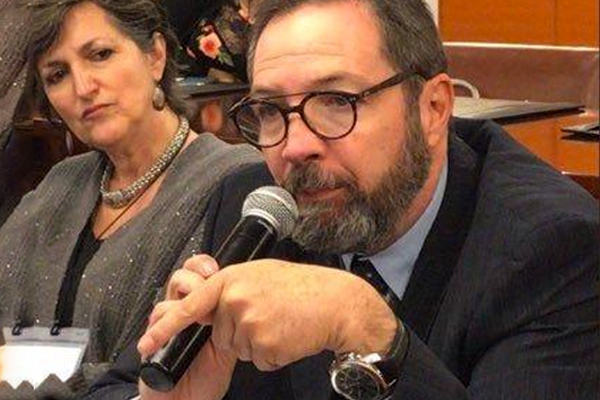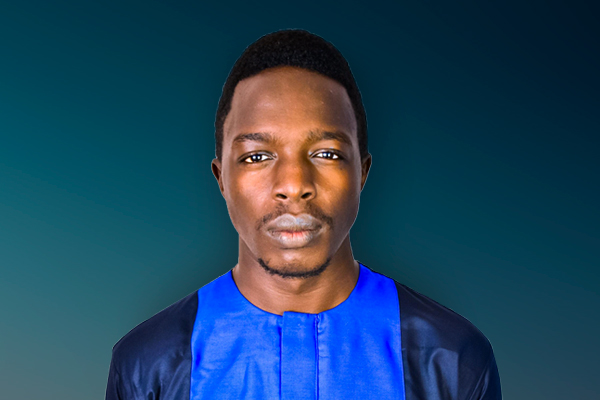My name is Edith Mukantwari from Uganda.
I'm sharing my story because reading other people's stories gave me hope when I'd lost my way on this journey, and helped me retrace my steps. In fact, it even inspired me to take a few bold steps to create something new. We truly are all in this together and we can all play a part in writing a new and better story, whether or not we know or appreciate it.
Our views, our voices allows us to take a glimpse into how different NCDs affect other people's lives and the lessons we can take from this are transformational. I believe sharing our stories fosters understanding, hope, connection and inspiration. From this vantage point, we empathise, learn gratitude and so many solutions can peek through from different perspectives, such that a better life for all can be created.
17 September 2021
It Gets Better
I was diagnosed with diabetes at age 16 in 2005, after two months of multiple debilitating symptoms that led a schoolmate, whose mother had been diagnosed a year earlier, to unofficially diagnose me. My mother rushed me to our family doctor at a private clinic, where I had my blood and urine tested. Both indicated high blood sugar levels, leading to my diabetes diagnosis, though the type was not specified. I was given IV insulin to stabilize my blood sugar and since the cost of treatment was high, I had to wait for my father to pay the full out-of-pocket amount, having no health insurance at the time.
Unfortunately, insurance schemes in Uganda do not cover NCDs due to high costs involved and the risk of complications. Where they do, insurance is either very expensive or only happens when employers cover the cost, but often with limitations to the scope of care. Public hospitals do offer this treatment for free, yet there are stock outs most of the time, so consistent services are not guaranteed.
I had no idea what diabetes meant, given diabetes education is not typically offered in Uganda. However, everyone that learned of it exhibited shock and pained looks. Yet I was relieved the illness that’d been crippling my life was named, and was led to believe it could be managed through the oral Metformin medication I was prescribed. I soon realized, however, that the medication was causing rather than solving problems. I had no idea it was meant to manage type 2 diabetes until 2008, when I was re-diagnosed with type 1 diabetes at a different private hospital. I was subsequently prescribed Mixtard 70/30 premixed insulin injections twice daily and given a blood glucose meter with 15 test strips. The out-of-pocket costs of daily management soon became overwhelming.
I believed having this condition was my fault. I felt ashamed of putting such immense pressure of healthcare costs on my parents and draining the household income. It often took days to muster the courage to ask for what I needed, or I’d resort to rationing insulin, reusing each syringe for 5 days till they became blunt and painful, and completely giving up on attending medical reviews.
Fortunately, this all changed in 2012, when I was enrolled into Changing Diabetes in Children, a public-private partnership that offers free comprehensive care for children living with type 1 diabetes till they are young adults, and what a relief that was.
17 September 2021
Yes We Can
I first met another person living with type 1 diabetes at the Changing Diabetes in Children (CDiC) clinic, 7 years after my initial diagnosis. For years before that, I could not comprehend that anyone else had it. Afterwards, I knew there were others who understood my experience and all it came with. We'd talk for hours and for brief pauses, laugh freely about the ups and downs that brought tears to our eyes in the dead of night. I felt lighter, understood, and encouraged, like I'd found a place of belonging. However, few to no solutions to my perils resulted from it.
In Uganda, less than 11% of people living with type 1 diabetes achieve the recommended HbA1c level of 7%, with the average level hanging around 10-11%. For years, this HbA1c recommendation seemed unattainable to me, no matter how hard I tried. In 2017, I met a doctor who strongly encouraged me to become an active participant in my own healthcare. Thanks to him, years later, I would find many solutions through extensive reading, and through the Diabetes Online Community (DOC) that researched, shared, encouraged, advocated, and broke down their challenges in honesty.
I wanted to do something similar in Uganda, so with the help of some key individuals, we founded the Africa Diabetes Alliance to provide diabetes education to people. Most of us are fortunate to still be part of the CDiC project, and we promptly refer others that we meet during our work to the same clinics to receive free, comprehensive care.
However, those that are unable to be enrolled due to the age limit of 18 (if enrolled prior to age 18, most times, they support you until age 24 or 25 before sending you to the public hospital system), sadly often have no recourse as public hospitals run out of insulin and other drugs very often. Some have died, unfortunately. Some might be able to access free medication, but cannot afford a balanced, varied diet. Others cannot afford either. Many resort to herbal concoctions that multitudes of "practitioners" claim "cure" diabetes, but often show up at hospitals with severe complications. We have heard it all in our work.
Fortunately, those that are able to enroll in the CDiC program and have access to healthy food do improve. We've built a community through Africa Diabetes Alliance that has encouraged more individuals from Africa to advocate and support others, and we plan to do more.
2 January 2022
Change the narrative, disarm diabetes, disarm NCDs
Working with Africa Diabetes Alliance (ADA) and as a nutritionist provided me with many opportunities to interact closely with people living with Diabetes Mellitus and other non-communicable diseases (NCDs). At the core of each one of us is a deep desire to be healthy. However, the barriers to this are multifaceted in many developing countries, including low investment in NCD prevention, extremely high costs of testing and treatment, low availability of adequately trained human resources and inadequate peer support. These shared challenges are sparking a desire to work together as people living with NCDs in order to find solutions.
My mentors emphasize that when we become activated patients who ask questions and seek the knowledge to capably conduct self‑assessments, identify challenges and problem‑solve, we can achieve sustainable good health, improve quality of life, and prevent complications of disease. I implore anyone living with NCDs to take every opportunity to share their experiences with healthcare providers, family, friends, people living with NCDs, civil society organizations and policymakers to highlight the challenges to be addressed.
In Uganda, NCDs cause 33% of annual deaths, many of which are preventable deaths happening between the ages of 40 to 60. Furthermore, over 80% of people living with diabetes in Uganda remain undiagnosed. The COVID‑19 pandemic was a wake-up call for us to pay attention to NCDs and act hastily. As the amendments to the Public Health Act of 1935 are ongoing, I call upon our politicians within the Parliament of Uganda to ensure that the stipulations on the WHO best buys for prevention and control of NCDs are given priority.
On behalf of my community of people living with NCDs, I call upon policymakers, program directors and decision‑makers within the Uganda Ministry of Health, to quadruple investment in prevention, early screening, and prompt treatment of NCDs to protect the most vulnerable populations. The evidence of a $7 gain for every $1 invested in NCD best buys cannot be overemphasized. Therefore, Universal Health Coverage (UHC), which allows everyone to access care without facing financial difficulties, should also take center stage in the Public Health Act and subsequent policies and programs.
Finally, I urge all NCD decision‑makers at local, national and regional levels to meaningfully involve people living with NCDs in the development, implementation, monitoring and evaluation of NCD policies and programs to ensure impact and sustainability. UHC for all is a worthy goal that can be achieved if we all work together.
NCD Diaries
I believe sharing our stories fosters understanding, hope, connection and inspiration. From this vantage point, we empathise, learn gratitude and so many solutions can peek through from different perspectives, such that a better life for all can be created.
Edith Mukantwari, lived experience of multiple chronic conditions, Uganda
About NCD DIARIES
The NCD Diaries use rich and immersive multimedia approaches to share lived experiences to drive change, using a public narrative framework.

